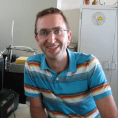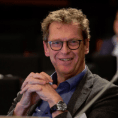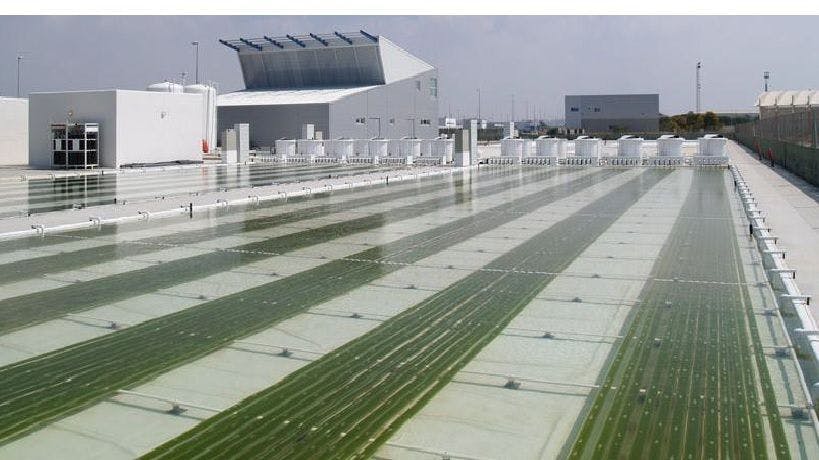Microalgae are a promising feedstock for sustainable supply of commodities and specialties for food, feed and non-food products. Despite this potential, implementation to date is limited, which is mainly due to unfavourable economics.
Major bottlenecks for large-scale implementation of microalgae biotechnology include the high production costs of algal biomass and the absence of appropriate biorefinery technologies and concrete product applications. The 4-year project Multi-product Integrated bioRefinery of Algae: from Carbon dioxide and Light Energy to high-value Specialties; MIRACLES (2013-2017) aims to overcome these hurdles through development of integrated, multiple-product biorefinery technology for valuable specialties from algae for application in food, aquaculture feeds and non-food products.
The focus is on development and integration of mild cell disruption and environmentally friendly extraction and fractionation processes and product formulation from a number of established industrial algae strains, cultivated by project partners. The project will also develop new technologies and molecular monitoring tools for optimization of valuable products in the algal biomass and development of innovative photobioreactor and harvesting technology (using membranes) to enable substantial cost reduction of algae production. A new technology will be developed for CO2 concentration from the air for algal growth and new industrial algae strains for extreme locations will be selected via bioprospecting to enable cultivation in areas less suitable for agriculture such as deserts. The work is supported by market assessment, integral biorefinery designs, techno-economic and sustainability assessment, and the creation of business plans. Integrated value chains will be demonstrated to deliver proof-of-concept and demonstrate economic feasibility.
Optimization of valuable products formation
Development of strategies to optimize volumetric productivity and concentration of valuable target products in the algae biomass prior to biorefinery via optimization studies at lab and pilot scale and metabolic modelling. The aim is to find key genes under different culture conditions and next to improve the production of these high value compounds using metabolic modelling in combination with metabolic engineering.
Photobioreactor and cultivation optimisation
Development of an innovative Photobioreactor design as a variation of the advanced flat-plate panel reactor design, to enable major reductions of investments and operating costs, incl. design for scale-up
Development of integrated algae biorefinery concepts
Development of appropriate biorefinery / processing technologies employing mild cell disruption, extraction and purification technologies. The focus is on development of enzyme-assisted processes and green, environmentally benign extraction procedures, as well as innovative fractionation technologies for the selective isolation of high-value specialties in high purity and in a stable product formulation preventing product modifications for complete refining of algal biomass and useful application of all biomass fractions in valuable products.
Chain assessment
To assess the economics and sustainability of the developed integral biorefinery concepts and products employing techno-economic and value chain evaluation, state-of-the-art Life Cycle Assessment methodology and assessment of socio-economic aspects.

Assistant Professor

Professor

Professor/Chair Bioprocess Engineering
